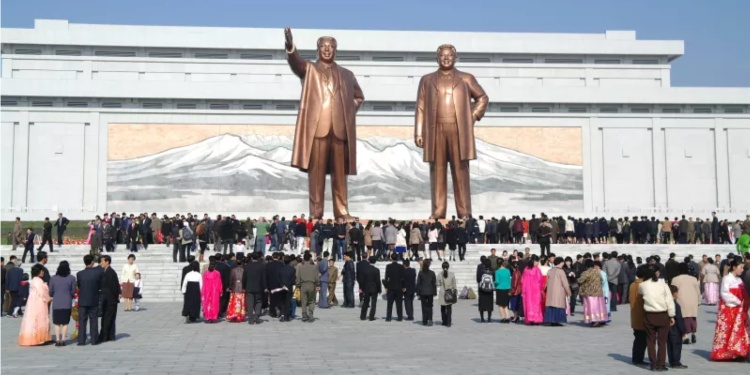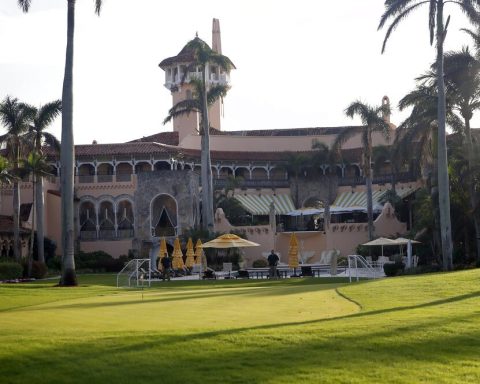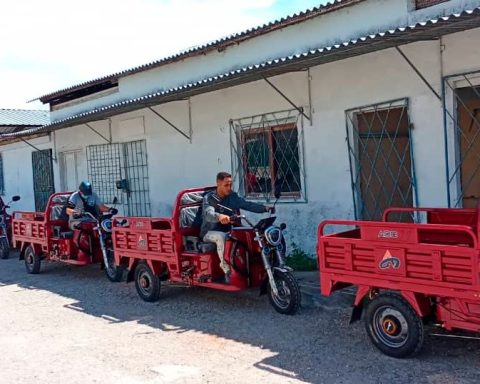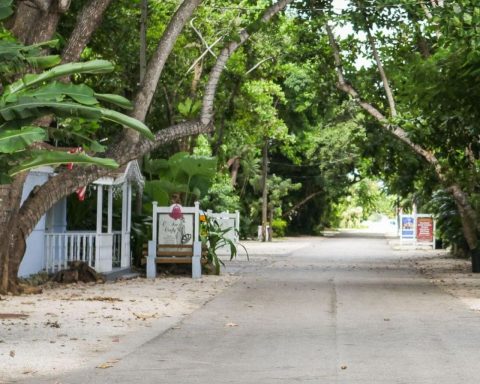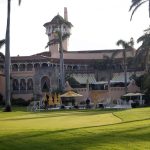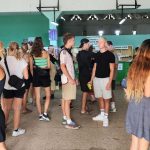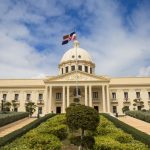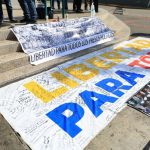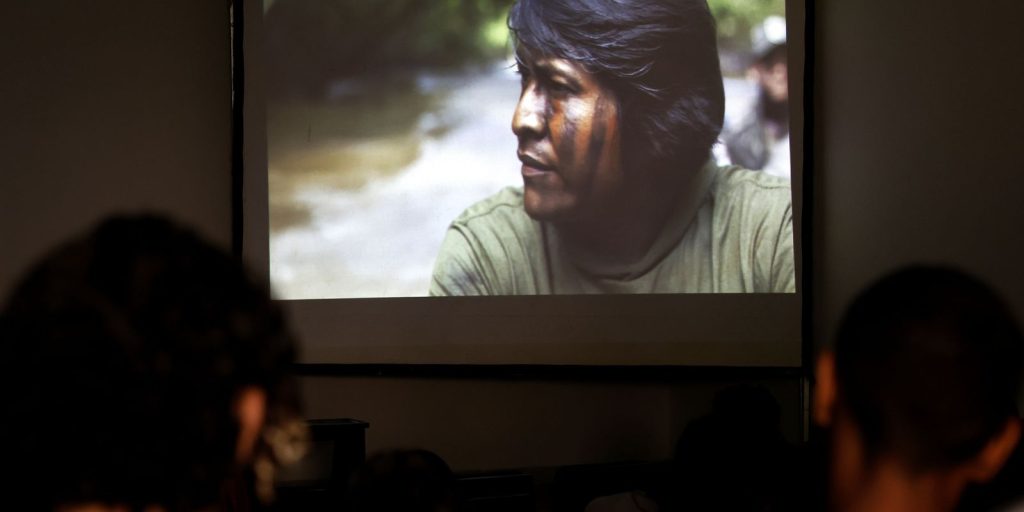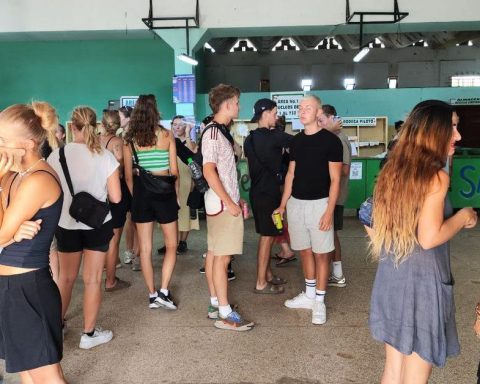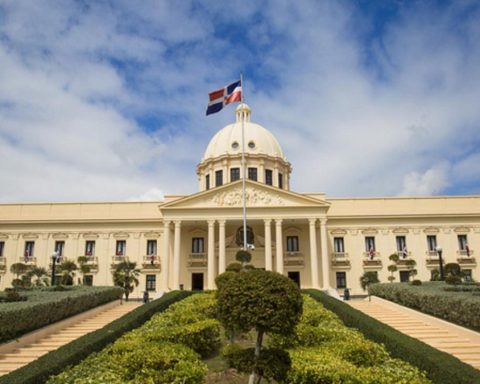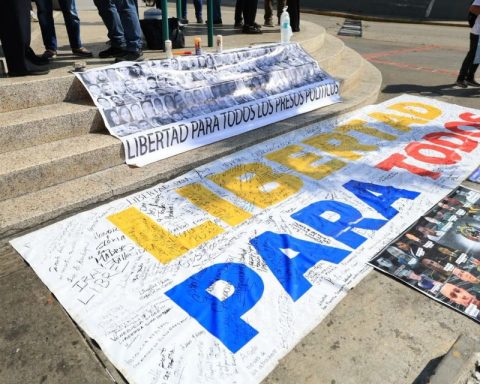SAN LUIS POTOSI, Mexico.- North Koreaofficially known as the Democratic People’s Republic of Korea (DPRK), is under the rule of a totalitarian regime that has created a unique and often alien way of life for its citizens.
Although access to information about North Korea is limited, several unusual facts shed light on the unusual and almost surreal aspects of the daily life of its citizens.
With extremely strict laws, the Kim Jong-un regime imposes authoritarian rules and severely punishes violations of the law that punishes possession of a Bible with death.
State-approved haircuts
Women can choose from only 15 government-approved hairstyles. Unmarried women, meanwhile, must keep their hair short.
Men have the “privilege” of choosing their next haircut from a list of 15 hairstyles as well. Any hairstyle that is not government-approved can lead to arrest.
Equality in North Korea: Both sexes have 15 approved haircut models. You can forget about dyeing your hair though. #ylemaailmalla #pyongyang pic.twitter.com/U9CoYwLgt0
— Mika Mäkeläinen (@Mikareport) April 16, 2017
Its calendar is based on the date of birth of its founder.
For North Koreans, this 21st century is the 113th Juche year. The North Korean Juche calendar begins on April 15, 1912, the birth date of its founder Kim Il-Sung.
Unlike the Gregorian calendar, which begins in the year 1 according to the birth of Jesus Christ, the Juche calendar begins from the birth of the founder and Eternal President of North Korea.
According to the Juche calendar, 1912 is known as Juche 1 by North Koreans. Therefore, the year 2024 is known as Juche 113.
The name of the Juche calendar is derived from the state ideology “Juche,” loosely translated as “self-reliance.” This ideology was developed by Kim Il Sung himself.
Without internet
Internet access is virtually non-existent for citizens. North Korea has its own intranet, a highly restricted network known as “Kwangmyong,” which offers access to a selection of state-approved websites.
The country strictly controls the Internet and only allows access to 28 sites, mainly government propaganda.
Foreign information and sites are strictly prohibited, reinforcing the regime’s isolationist stance.
The prolonged punishments
In North Korea, if a crime is committed, one’s children and grandchildren will also bear the full brunt of the punishment, often involving life in prison.
Children born in prison are raised as prisoners because their “blood is guilty.”
Instituted in 1950, this law, known as “Three Generations of Punishment,” was intended to eliminate the bloodlines of counterrevolutionary North Koreans after the war.
Blue jeans are prohibited
Blue jeans, so common in today’s clothing, are banned in North Korea. They are said to represent American capitalism.
North Korean regulations have banned these pants since the 1990s.
At the time, leader Kim Jong-il declared that jeans were a symbol of Western, and specifically American, imperialism, which had no place in a socialist state, according to NK Newsbased in Seoul.
In recent years, the crackdown on Western culture has reiterated this ban, with the state-run Rodong Sinmun newspaper calling on citizens in 2020 to reject what it called “bourgeois culture” in favour of a “superior socialist lifestyle”.
Current leader Kim Jong-un, who is fond of voluminous clothing, is bothered by tight trousers and T-shirts with Western logos, which are very popular in South Korea.
No “outside” music allowed“
K-Pop is a genre despised by the North Korean government and music bans have escalated to unsuspected levels.
In 2015, Kim Jong-un issued a decree to discard all cassette tapes and CDs containing songs banned by the state, because the lyrics could “spark dissent” among citizens.
There is a small group of songs allowedmost of which promote the country’s political ideals.
Reports of media News reports revealed that the North Korean regime publicly executed a 22-year-old citizen for listening to and sharing K-pop music and movies.
The man, a native of Hwanghae province, was publicly executed in 2022 for listening to 70 South Korean songs, watching three films and distributing them, according to testimonies published in the report on human rights in North Korea released by the South Korean Ministry of Unification.
The report – a collection of testimonies from 649 North Korean defectors – highlights Pyongyang’s brutal crackdown on Western influence and the flow of information into the isolated country.
The “traffic” girls
In Pyongyang, the traffic It was mostly managed not by traffic lights, but by uniformed “traffic girls.”
These young women are trained to control traffic with synchronized movements, and their role goes beyond mere traffic management; they are considered a symbol of the regime’s order and discipline.
However, Pyongyang’s famous female officers have largely been replaced at the vast majority of intersections by male traffic officers or, in some places, by traffic lights, it was reported this week. NK News.
“Last week, at several major intersections in Pyongyang, it was striking to see the usual absence of female traffic officers and the presence of male officers instead, not standing on the road, but on street corners,” said the general manager of Koryo Tours. “However, no one seemed to know whether this was a permanent or temporary policy.”
The replacement was apparently due to concerns among senior officials for their well-being during the heat of summer and the freezing cold of winter.
Mandatory portraits of the Kim family
The portraits The leaders are at the core of North Korea’s state-sponsored personality cult that has underpinned the Kim family’s rule since the country’s founding in 1948.
Nearly every home and public office in North Korea is required to display portraits of Kim’s father, Kim Jong Il, his grandfather, Kim Il Sung, and more recently, the younger Kim.
Follow our channel WhatsApp. Receive the information from CubaNet on your cell phone through Telegram.
